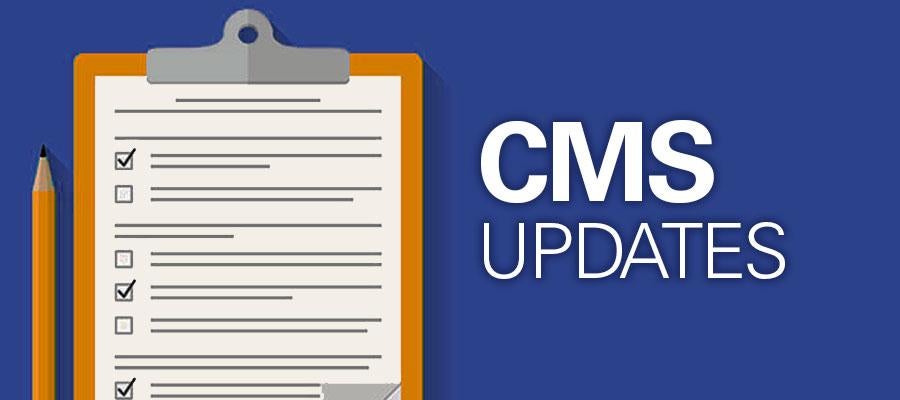CMS issues additional notice of benefit and payment parameters for 2022

The Centers for Medicare & Medicaid Services today released a second final notice of benefit and payment parameters to implement standards governing health insurance issuers and marketplaces for 2022 that were not finalized in the Jan. 19 final rule. CMS chose not to finalize the proposed premium adjustment percentage and instead finalized a lower percentage, resulting in lower maximum out-of-pocket costs for consumers ($8,700 for individuals and $17,400 for families) than originally proposed.
In addition, CMS chose not to finalize a proposed verification process for special enrollment periods but did finalize additional SEPs, including for individuals that lose employer contributions or government subsidies for COBRA.
Notably, the rule does not address the policies proposed related to direct enrollment entities, Section 1332 waiver regulations and user fees as it finalized those policies in the Jan. 19 final rule. However, CMS notes that it expects in future rulemaking this spring to propose new 2022 user fee rates and revisit the direct enrollment state option and Section 1332 waiver regulations.

